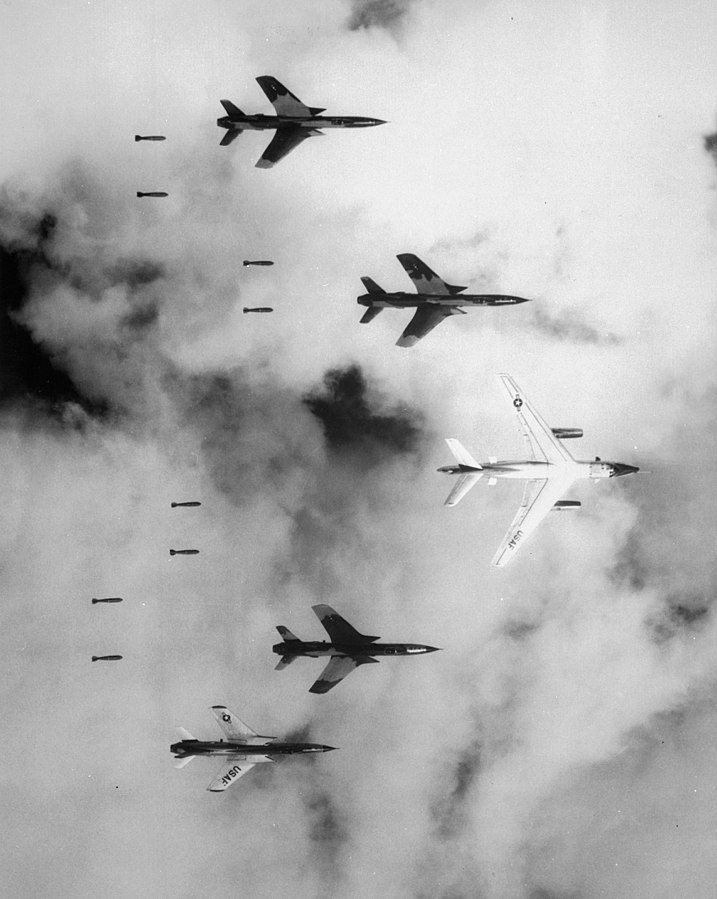Back to Bentari Project Blog
Bentari Project Blog
Posted:
Sunday, August 16, 2020
 To find empathy in your heart, accept the reality of others. Then you see their suffering. Their pain is real. Bào Ninh’s The Sorrow of War allows this.[1] To find empathy in your heart, accept the reality of others. Then you see their suffering. Their pain is real. Bào Ninh’s The Sorrow of War allows this.[1]
Kien was 14 when America used false pretenses to deploy its full military might against his tiny country, Vietnam.[2] Kien is the main character. He tells Bào Ninh’s story in this haunting autobiographical fiction.
Kien is from the North. He describes the lessons of a decade in combat—learning as a teen-ager how narrow escapes scar you forever; how scars cannot protect you from the shock of friends blown to pieces; how practiced eyes gain instant recall when friends bleed-out in lonely jungles with only you to dress the wounds—only you to witness the dying—only you, the living remnant in the wake of America’s military might.
Kien’s experiences come rapid-fire. His childhood relationships, how his parents needed him before they died, his love for Phuong—of seeing her raped and killing her rapist. His flashbacks omit nothing in this PowerPoint of war. War. The master of the world. Before, during and after. If there is an after. For Kien’s 27th Battalion there is no after. Only his. Alone.
“Justice may have won, but cruelty, death, and inhuman violence have also won.”
Kien volunteered just before America forged its way officially into the action. He survived America’s bombing campaign, called “Rolling Thunder.” He survived his country’s Tet Offensive. His survival was partial. Much of his life was lost, and the aftermath was catastrophic. He writes to cope. And thus he teaches—without a sermon—a story of aggression on a massive scale and how the scale is unbalanced. The cost too dear. It doesn’t measure up.
Millions of Vietnamese died in that action. 58,000 Americans died in combat. Two high school teammates of mine and several other classmates lost their lives in combat. Gone. Lost for a false cause. The ending was brutal and desperate right up to the final evacuation. There was no celebration. Only sorrow. The sorrow of war.
Image: Bombing in Vietnam (Author: Lt. Col. Cecil J. Poss, USAF, 14 June 1966)[3]
[1] https://en.wikipedia.org/wiki/The_Sorrow_of_War
[2] https://en.wikipedia.org/wiki/Gulf_of_Tonkin_incident - “There were no US casualties.”
[3] https://commons.wikimedia.org/wiki/File:Bombing_in_Vietnam.jpg Bombing in Vietnam.jpg, in public domain
|